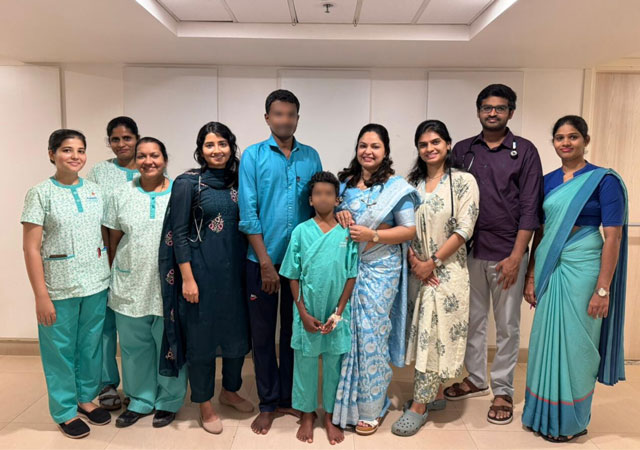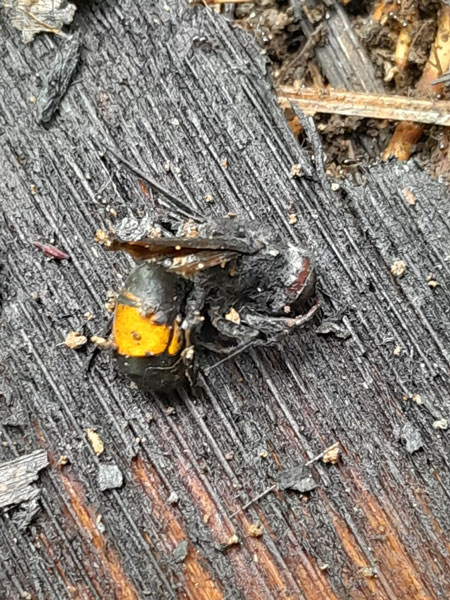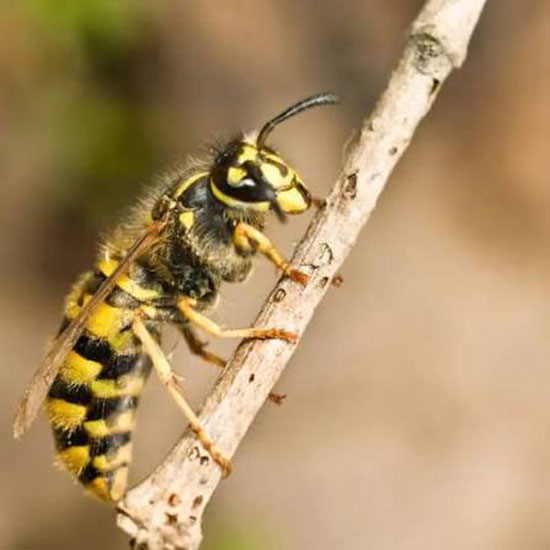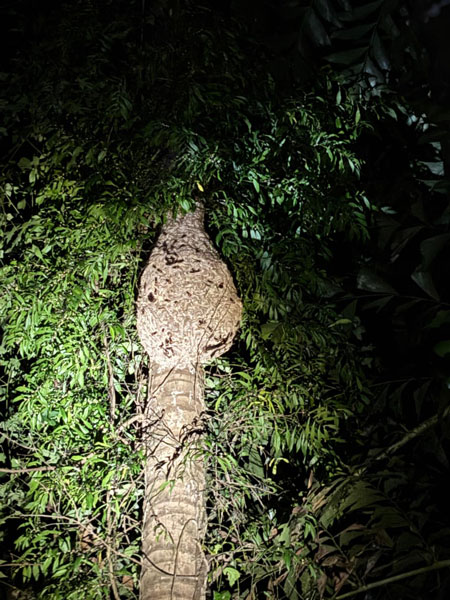Media Release
Mangaluru, Oct 15: KMC Hospital Mangaluru recently treated a young boy aged 10 years Vishwas (name changed), who was admitted following multiple wasp stings in a rural area of Dakshina Kannada district.
The child had accidentally disturbed a swarm of yellow paper wasps, leading to severe systemic reactions with of 5–8 sting bites, although he showed early signs of kidney injury timely intervention saved Vishwas’ life.
Team of multi specialists involving Dr Swati Rao, consultant paediatric intensivist, nephrologists Dr Mayoor Prabhu and Dr Dushyanth, cardiologist Dr Rajesh Bhat along with support staff played a vital role for the recovery of this patient.
Dr Swati Rao, emphasised that “these cases highlight the critical importance of rapid medical attention supervised under a multi-specialty setup after multiple insect stings, particularly in children and rural populations, as early recognition and intervention can be life-saving. The child displayed signs of systemic envenomation, including high heart rate, cold extremities, respiratory distress, and generalised edema."




Vishwas, was referred promptly after his urine turned reddish which is an early indicator of kidney involvement, this allowed doctors to initiate detoxification, and organ-protective therapy before multi-organ damage could occur.
Wasp venom is a complex mixture of enzymes and biogenic amines, which have potent toxic effects on the body, causing red blood cell destruction, muscle damage, inflammation, and disruption of vital organ function. Yellow paper wasps are particularly dangerous because they sting in groups, delivering large amounts of venom that can rapidly overwhelm the body’s defenses, especially in children.”
Saghir Siddiqui, regional chief operating officer, KMC Hospital Mangaluru, added, “These cases underline how dangerous wasp stings can be, especially in children. Early recognition of systemic symptoms and rapid intervention can make the difference between life and death. We urge parents and caregivers in rural areas to treat multiple insect stings as emergencies. Quick medical attention, awareness, and early therapy are crucial to prevent severe complications and save young lives. Timely stabilization at primary care hospital and referral to multispecialty hospital can save life.”
About Manipal Hospitals
As a pioneer in healthcare, Manipal Hospitals is among the top healthcare providers in India serving over 7 million patients annually, with a focus on providing affordable, high-quality healthcare services.
Manipal’s integrated network today has a pan-India footprint of 38 hospitals across 19 cities with 10,500+ beds, and a talented pool of 7,200+ doctors and an employee strength of over 20,500.
Manipal Hospitals provides comprehensive curative and preventive care for a multitude of patients from around the globe. Manipal Hospitals is NABH, AAHRPP accredited and most of the hospitals in its network are NABL, ER, Blood Bank accredited and recognized for Nursing Excellence.